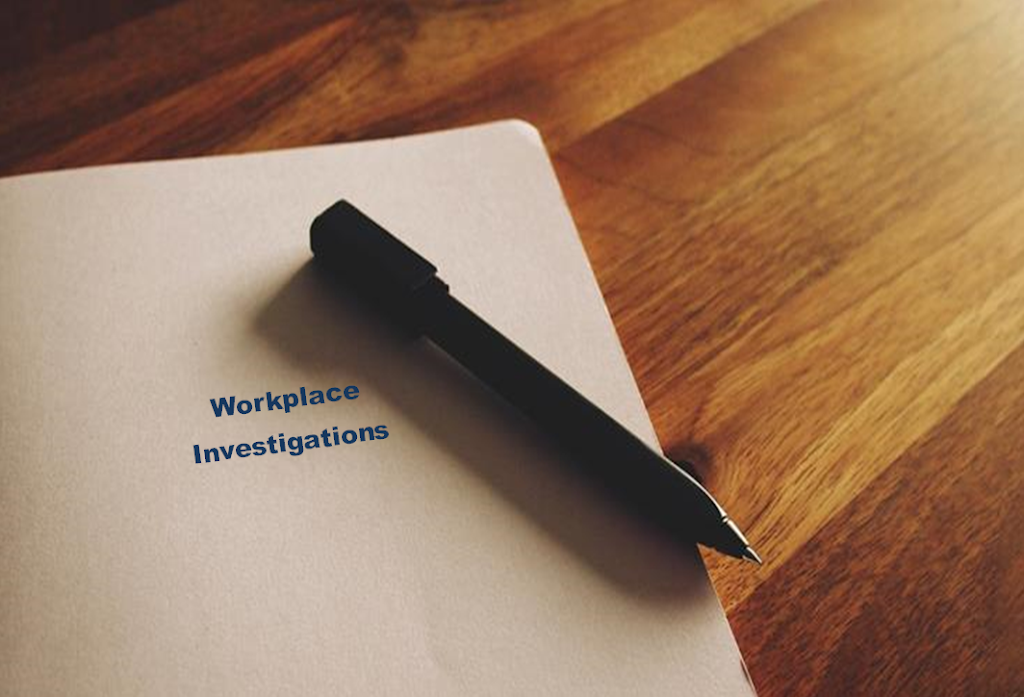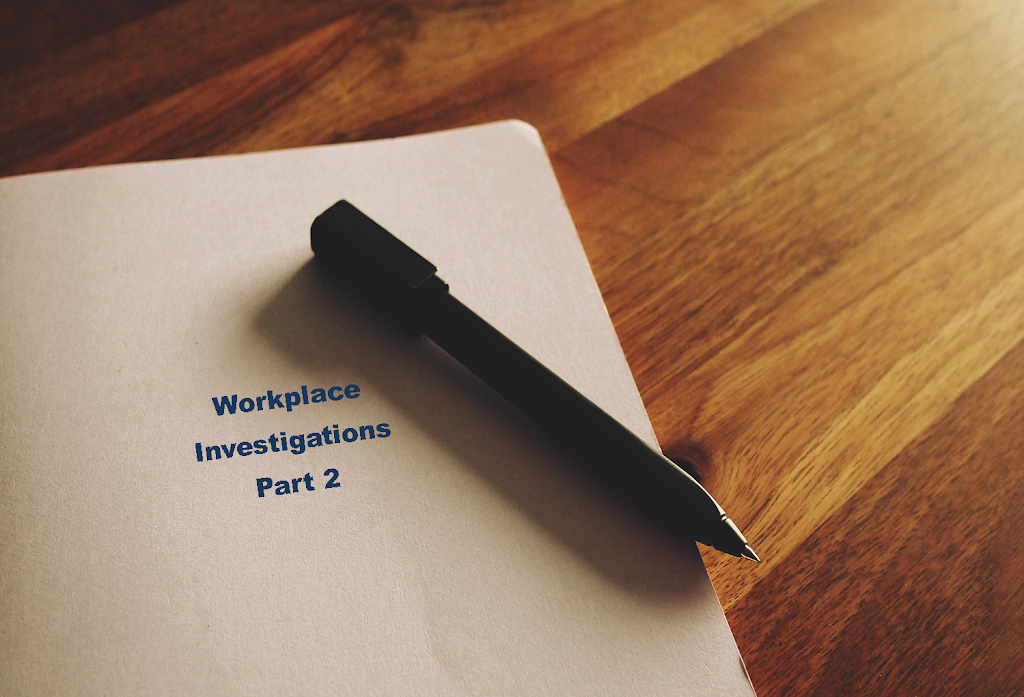The cost and time required to conduct a legally defensible workplace investigation can sometimes be a barrier for employers – but what is the cost of getting it wrong? This is the very question we will explore in this two part blog series by reviewing some real-life cases employers and HR leaders can learn from in an effort to avoid the same costly mistakes.
T.M. v Manitoba 2019 MBHR 13
$75,000 awarded
Summary:
The employee began working in 2002 as a Juvenile Counsellor for the Government of Manitoba at the Manitoba Youth Centre (MYC). Soon after one of his co-worker found out he was gay, news spread to everyone in the workplace.
The employee endured persistent and unrelenting harassment due to his sexual orientation. It started with mild jokes, inappropriate comments, derogatory names being called, then it escalated to sexual assault by a co-worker.
The employee repeatedly raised allegations of harassment and toxic work environment to his employer but nothing was done which condoned the behaviour in the workplace for it to continue. For fear of retribution, he did not name the harassers initially leading to the employer closing his complaint files. This forced the employee to re-tell his experiences each time which traumatized and deteriorated his mental health further.
An internal investigation was conducted only after 19 months from initial complaint after some names were provided but the claims were found to be unsubstantiated. The investigation did not put any of the specific allegations to the alleged harassers or witnesses once names were provided.
The employee eventually went on long-term disability as of May 2014 and later resigned in November 2017.
Findings:
- The Human Rights Commission found the “shocking, vulgar and offensive” harassment the Complainant endured had become so pervasive that it formed a part of the term or condition of his employment.
- It was determined that the employer failed to take reasonable steps to address even without names of perpetrators being provided “given how specific and egregious the allegations were, the respondent’s response to simply close the file was not reasonable”.
- Employer failed to take complaint seriously and minimized the allegations by characterizing them as “joking” during investigation.
- Investigation was found to be inadequate and the conclusions drawn from the report were found to be unreasonable as well.
Takeaways:
This case reinforces that an employer’s obligation to address allegations of harassment is triggered once they become aware of any incident regardless of whether a complaint is filed. Even when an employer feel it could not conduct an investigation because names of individuals were not identified, as in this case, it was found unreasonable for the employer to not act and close the file given how specific and serious the allegations were.
This case also highlights the need for investigators to be trauma informed in an effort to lessen harm wherever possible. The employer’s failure to take action allowed the misbehaviour to grow to the level that it did – creating a toxic work environment. This inevitably subjected the employee to further trauma forcing him to raise the issue with management and rehash his experiences repeatedly but only to be invalidated each time. This was one of the reasons that led the Human Rights Commission to order a higher award to compensate for the injury to his feelings, dignity or self-respect.
Hrynkiw v. Central City Brewers & Distillers Ltd. 2020 BCSC 1640
$202,000 awarded
Summary:
The employee worked for the employer as a Chief Financial Officer before he was fired for alleged cause. The employer alleged the employee to have: (i) misappropriated company funds by paying himself excess vacation and bonus without authorization; (ii) failed to follow instructions; and (iii) committed theft.
The employment terms in dispute were in regards to 4 weeks’ vacation and bonus entitlement of $50,000 per year. Only an oral agreement existed between the parties regarding any employment terms with nothing in writing.
No “proper” investigation into the serious allegations of financial misconduct was done prior to dismissal. Furthermore, payroll records that supported the employee’s understanding of his entitlements were dismissed by the employer and the employee was not even given the opportunity to respond to the serious allegations against him.
Findings:
- Judge found the allegations to be baseless and that the employer acted in bad faith in the manner of dismissal and maintaining its just cause position throughout trial.
- Internal investigation was found to be “adversarial and biased from the start”. The employer failed to conduct a balanced investigation and had rushed to judgement in the decision to terminate.
- Employer’s mishandling of the dismissal and failing to establish cause resulted in aggravated damaged being awarded (meant to compensate for mental distress caused by reprehensible or outrageous conduct).
Takeaways:
Rushing to judgement can blind you from considering all information with an open mind. Employers must be careful not to terminate in haste especially for senior level positions where there is more at risk on both sides. Check your own bias before conducting an internal investigation. If you can’t do an investigation with neutrality or is perceived by others to be neutral, then get someone who can satisfy those criteria. Otherwise, your conclusions from the investigation will likely be discredited.
Also, to conduct a proper investigation, the process must be fair to all parties. This is what is referred to as procedural fairness and is an area many employers falter. To be fair and balanced, the particulars of an allegation need to be shared with the respondent so they have a chance to digest the information and an opportunity to fully respond with their side of the story. It cannot be one-sided.
Conducting a superficial investigation to justify terminating for cause when no cause existed will not only invite increased financial and legal liabilities, in the business world, reputational damage can be even more costly in the long run if you are found to have acted in bad faith.
McGraw v. Southgate Township 2021 ONSC 7000
$190,000 plus 6 months’ notice
Summary:
The employee was an administrative assistant and volunteer fire captain working for Dundalk Fire Department until she was terminated without cause. The employer submitted that the employee was
“fired because she was the object of rumours that we believe were true. We could not prove they were true, so we fired her on a without cause basis and paid severance. The pervasive nature of the rumours shows that we did not act with malice, bad faith, or discrimination”.
The allegations included inappropriate behaviour, circulating intimate photos to other firefighters, “sex for grades”, inappropriate relationships among other rumours. It turns out that the rumours were years of workplace gossip that “were mostly unfounded, malicious and sexist falsehoods”.
The employee and relevant witnesses were not interviewed as part of the investigation.
Findings:
- Judge cited the employee “was marginalized in a toxic, male-dominated workplace. Her termination was based on unfounded sexist allegations”.
- Internal investigation conducted relied heavily on hearsay and came to faulty conclusions. It was characterized by the judge “an amateurish investigation…conflated gossip with facts”.
- “I found the conduct of the defendants discriminatory and reprehensible”.
- Extensive damages were awarded including moral damages, punitive damages, gender-based discrimination and defamation damages.
Takeaways:
Rumours and hearsay are not facts. A good investigator must get to the source of the information by interviewing all parties and relevant witnesses before it can assess whether the information is even credible. The importance of conducting thorough and unbiased investigations cannot be understated.
A workplace investigation is a fact-finding exercise only. It is not a witch-hunt or meant to support a pre-determined conclusion. One must remain impartial and approach every inch of the process without bias to increase defensibility.
No two cases are alike. Workplace investigations are often nuanced and can be complex. As such, it is prudent that they are conducted by trained and experienced investigators who understand the laws that apply and who possess the skills and know-how to conduct one properly so the conclusions can be relied upon.
As seen from these cases, missteps in the investigation process can prove costly. Impacts can be far-reaching beyond legal ramifications when you consider the reputational damage, disability costs and morale impacts organizations can suffer stemming from a flawed workplace investigation as well.
If you are an employer or HR leader looking for assistance in conducting an objective, thorough and trauma-informed workplace investigation, we can help. Contact us at 905-879-9994 for a free consultation.





Thiѕ design iѕ wicked! You οbvіously knoԝ how to keep
a reader entertained. Between your wit and your videos, Ι was almost moved to
start my own blog (well, almost…HaHa!) Excellent job. I really enjoyed what you had to say, and more than that, how you presented
it. Too cool!